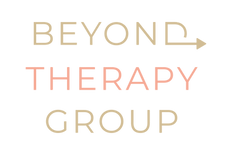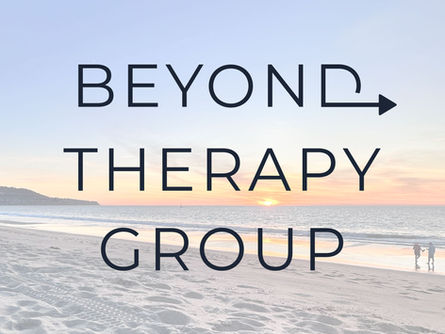
THERAPY INSIGHTS, TOOLS, AND MORE
Welcome to the Beyond Therapy Group blog, your gateway to insightful discussions and valuable resources on mental health and personal growth.
Here, we delve into the latest findings in psychology and therapy, providing you with up-to-date information to empower your journey toward healing. Additionally, we share our experiences and insights on how we're continually expanding our practice to better serve you.
From practical tips for managing anxiety to tools for fostering healthy relationships, our blog is a treasure trove of wisdom aimed at enhancing your well-being. Join us as we explore new horizons and offer guidance that can positively impact your life.
- « Previous
- 1
- 2
- 3
- Next »

